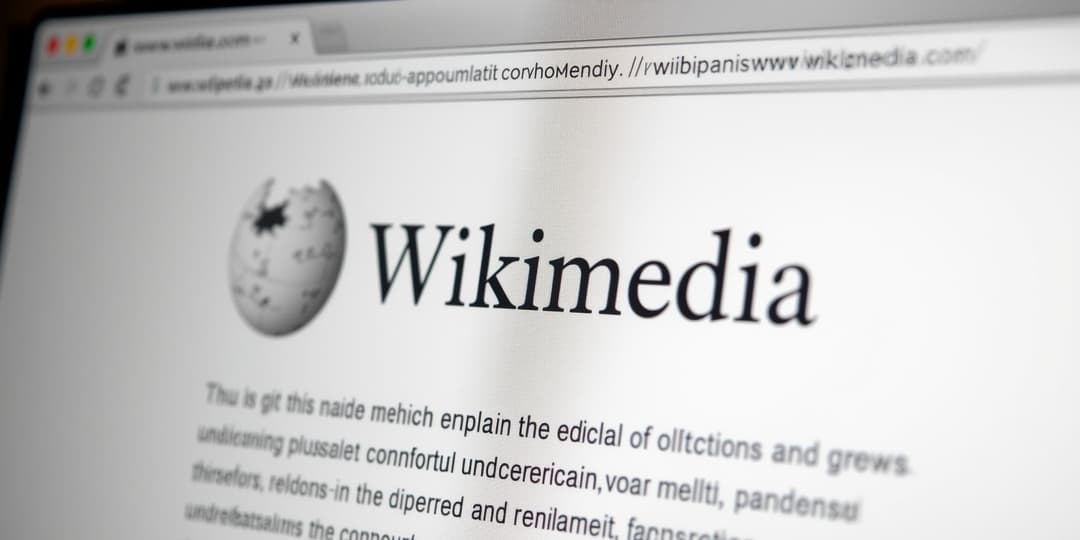Widely considered a reliable corner of the internet amidst an overflow of social media and AI-generated content, Wikipedia is experiencing a notable decline in user engagement. According to Marshall Miller from the Wikimedia Foundation, the encyclopedia's human pageviews have seen an 8% decrease compared to the previous year, as highlighted in a recent blog post.
The foundation has refined its methods to separate human visitors from automated traffic, revealing through an update that significant activity spikes were caused by advanced bots, particularly in May and June.
Explaining this downturn, Miller attributes it to the increasing role of generative AI and social media in information-seeking behaviors. Search engines are now using AI to deliver direct answers, reducing redirections to websites like Wikipedia. Concurrently, younger audiences prefer getting information through platforms that emphasize short videos over traditional web sources. Google, however, has challenged the notion that AI-driven summaries are detrimental to referral traffic.
Despite these trends, Miller emphasizes that Wikipedia’s relevance remains unchanged. The knowledge it provides is still reaching the public, even without direct visits to its pages. Notably, Wikipedia itself has dabbled in AI-generated summaries, although this initiative has been paused following editor feedback.
Miller insists that companies utilizing Wikipedia's content must actively promote visits back to the source. Furthermore, Wikipedia is working on new methods to credit its content and has two teams dedicated to expanding its reach while seeking volunteer support.
Reinforcing the value of authentic and meticulously crafted knowledge, Miller urges individuals to prioritize verified sources in online searches. He encourages discussions on the significance of trusted information and the human effort behind the data used by generative AI.
